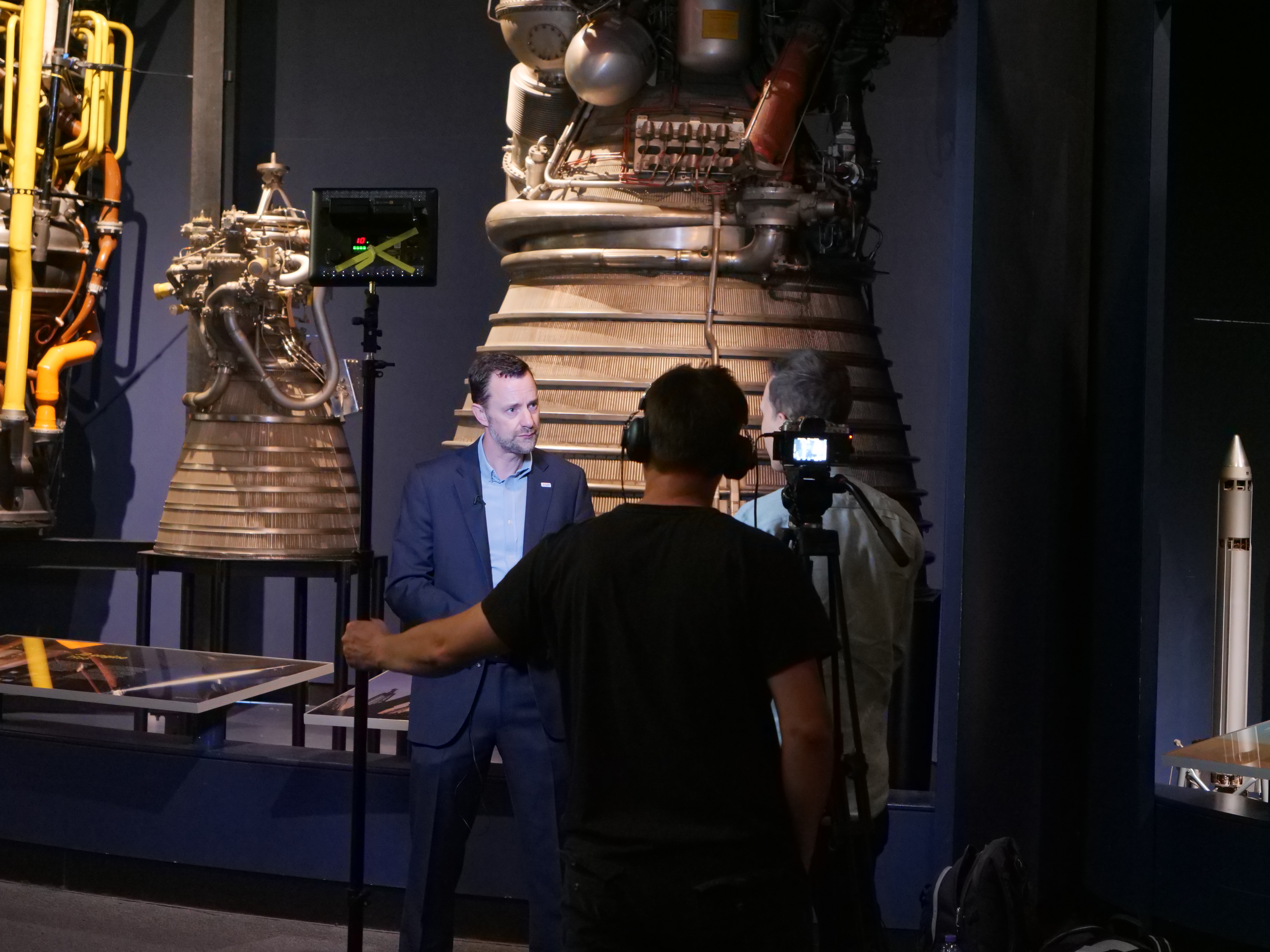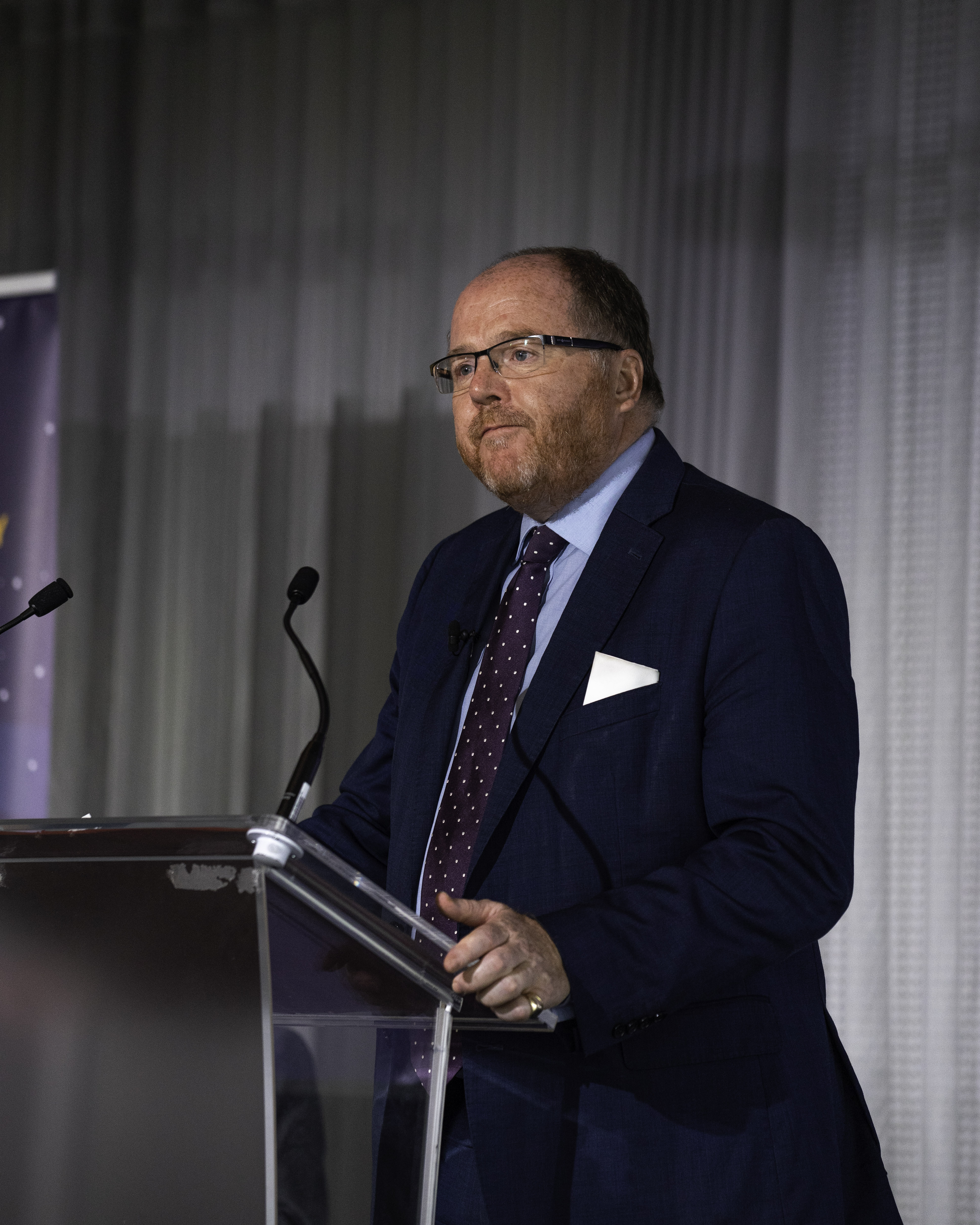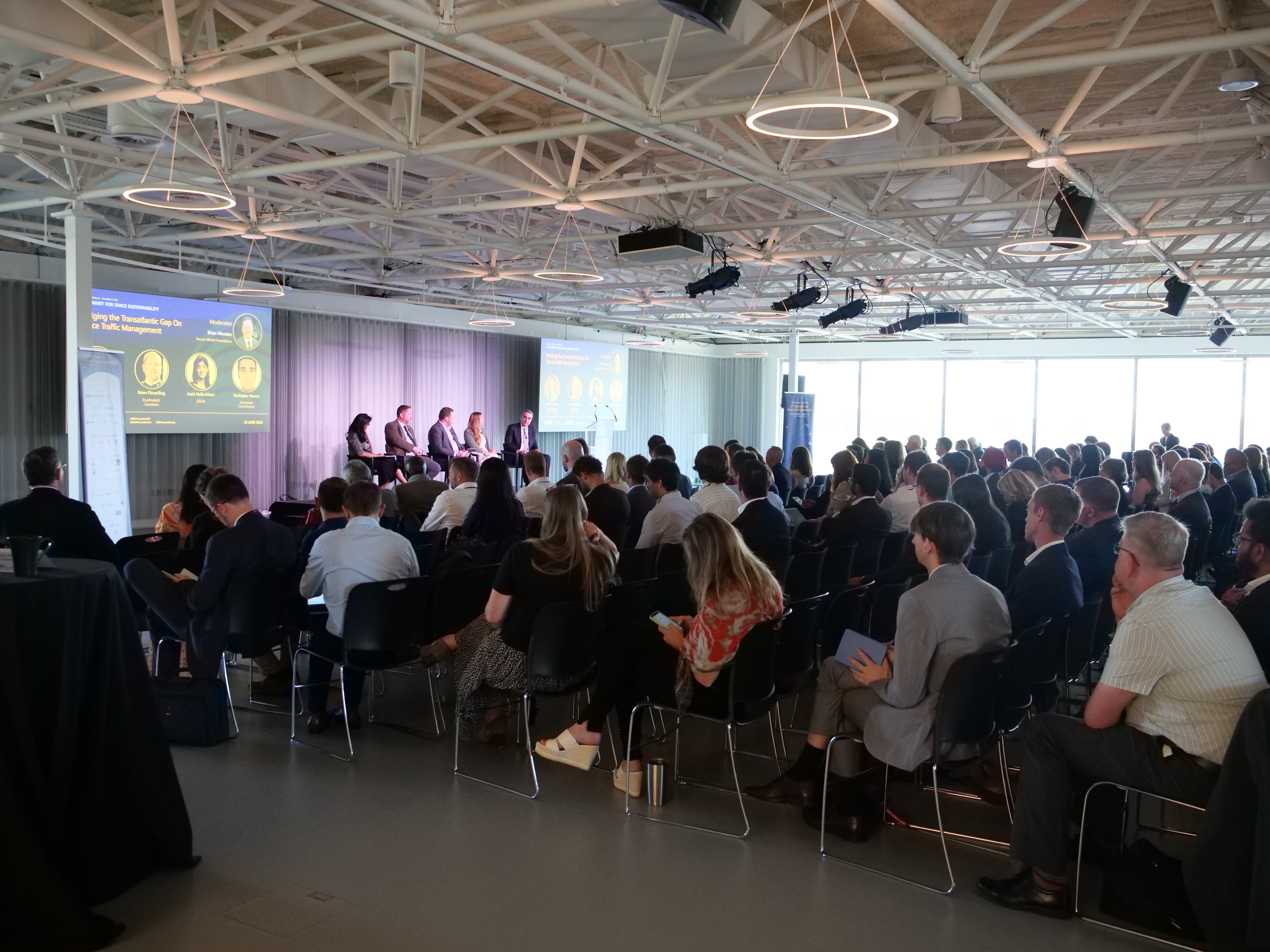UK Space Agency’s Space Surveillance and Tracking Programme Manager, Edward Baker, reflects on the recent Summit for Sustainability and what it means for the future of the sector.

The UK Space Agency made a significant step towards space sustainability at the 4th Summit for Space Sustainability, held at London’s Science Museum in June.
Sustainability, in space as it is on Earth, means ensuring humanity can continue to use space for peaceful purposes and socioeconomic benefit, both now and in the future.
The summit, hosted by the Secure World Foundation and UK Space Agency, brought together space sustainability stakeholders from government and wider industry to discuss this goal.
Despite train strikes, the event attracted 350 in person attendees, including at least 150 international delegates, with 300-400 more online.
What we learned

On the first day we had a great welcome from UK Space Agency CEO Paul Bate and a video address from HRH the Prince of Wales.
On the second day, Science Minister George Freeman launched the UK’s new Plan for Space Sustainability.
The plan is comprised of an extensive package of announcements that will cement the UK’s place at the forefront of space sustainability for the global space community.
Measures include a new space surveillance and tracking collision avoidance platform, “Monitor your satellite”, which is available to all UK licensed satellite operators, and £5 million of funding for our active debris removal (ADR) programme to remove harmful space junk from Earth’s orbit.
Other significant moments from the summit included a regulators roundtable hosted by the Department for Transport and a panel discussion on ensuring good governance for when humans return to the Moon in the coming years.
We even managed to bring space celebrities, Moribah Jah and Neil deGrasse Tyson, to London to further raise public awareness.
The summit was capped off with a networking event held in the museum’s exploring space gallery, home to moon rocks collected by Apollo 15, the Soyuz capsule Tim Peake returned to Earth in back in 2016 and a Black Arrow rocket, the first and only (so far) British made rocket to launch a payload into Earth Orbit in 1971.
What this means

The two buses I had to take to get home after the summit gave me time to reflect on the significance of the event.
It was intended to demonstrate UK leadership of the space sustainability agenda, and I genuinely feel we achieved this.
Our activity created significant media and stakeholder interest, reinforcing the message that the UK is working to deliver tangible improvements to space sustainability, while the organisation of the event itself required a fantastic team effort from colleagues across the UK Space Agency, BEIS, DfT, CAA and FCDO.
The UK space sector is clearly in a brilliant position to deliver what’s needed to ensure space is sustainable for future generations, who will look back and realise that this is the point where it all began.
Leave a comment